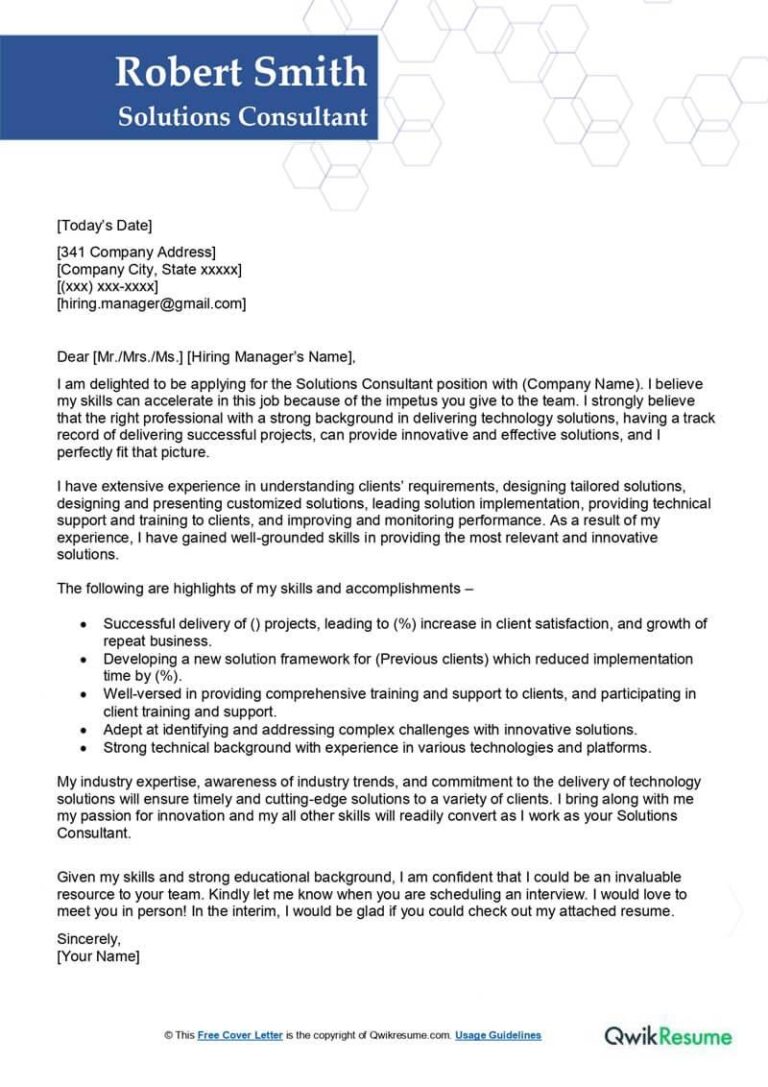Texas Governor Calls for Reevaluation of COVID-19 Restrictions Impacting Small Businesses
Governor Greg Abbott has publicly advocated for a reassessment of the strict COVID-19 mandates affecting small enterprises, following the controversy surrounding a salon owner who reopened her business in defiance of state orders. Emphasizing the mounting financial strain on local businesses, Abbott stressed the importance of finding a middle ground that protects public health while allowing economic activities to persist.
Governor Abbott’s main arguments include:
- Economic sustainability: Numerous small businesses risk permanent closure under current restrictions.
- Enhanced safety measures: Many entrepreneurs are proactively implementing rigorous sanitation and social distancing protocols.
- Legal fairness: Advocacy for releasing individuals detained for reopening businesses out of necessity.
| Group | Stance | Recommended Action |
|---|---|---|
| Small Business Owners | Push for reopening | Adopt strict health protocols |
| Governor Abbott | Supports easing restrictions | Review and modify policies |
| Health Officials | Prioritize public health | Continuously monitor and update guidelines |
Legal and Health Risks of Salon Reopenings Against State COVID-19 Directives
Operating salons in violation of state COVID-19 mandates has sparked a multifaceted discussion involving legal penalties and public health dangers. Business owners who disregard official closure orders may face consequences such as hefty fines, suspension or revocation of licenses, and even criminal prosecution. These enforcement measures reflect the state’s dedication to limiting virus transmission but also raise debates about individual rights and economic survival.
From a health standpoint, unauthorized salon reopenings pose a heightened risk of spreading COVID-19 due to the close physical proximity and prolonged indoor interactions inherent in personal care services. Health experts caution that reopening without strict adherence to safety protocols could trigger new infection surges, undermining efforts to control the pandemic. Critical public health challenges include:
- Ensuring mask usage and physical distancing compliance
- Maintaining rigorous sanitation tailored to salon environments
- Reconciling economic pressures with community health imperatives
| Legal Penalties | Health Risks |
|---|---|
| License suspension or revocation | Elevated exposure to COVID-19 |
| Fines up to $1,000 per day | Potential for outbreak clusters |
| Criminal charges | Complications in contact tracing efforts |
Striking a Balance Between Economic Revival and Health Safety Amid the Pandemic
As Texas continues to confront the challenge of revitalizing its economy while protecting public health, Governor Abbott’s recent advocacy for the release of a salon owner jailed for reopening highlights the friction between personal freedoms and government mandates. Many small business proprietors, especially in the personal care sector, face dire financial consequences, prompting some to resume operations prematurely despite risks.
Experts stress the importance of a harmonized strategy that promotes economic recovery without compromising health safeguards. The debate is further complicated by differing views on the degree of autonomy local businesses should have during state emergencies. Transparent communication, access to personal protective equipment, and phased reopening plans with clear benchmarks are critical to maintaining public trust and minimizing health risks.
- Economic Impact: Prolonged closures have caused substantial revenue declines.
- Health Priorities: Adherence to safety protocols remains essential to control virus spread.
- Legal Challenges: Enforcement of restrictions continues to be a contentious issue.
- Community Perspectives: Public opinion is divided on reopening approaches.
| Industry | Current Status | Compliance Level |
|---|---|---|
| Personal Care & Salons | Partially operational | Moderate adherence |
| Dining Establishments | Operating at reduced capacity | High compliance |
| Retail Outlets | Open with restrictions | High compliance |
Practical Guidance for Businesses Adapting to State COVID-19 Regulations
In the face of evolving state COVID-19 policies, businesses must remain agile and well-informed to navigate regulatory complexities effectively. Staying updated on local mandates and swiftly adjusting operational procedures are crucial to avoid penalties and maintain customer trust. Collaborating with health authorities and legal experts can help businesses ensure compliance and reduce liability risks.
Recommended best practices for business owners include:
- Consistently checking official government websites for the latest updates
- Implementing flexible workforce scheduling to accommodate sudden changes
- Utilizing digital tools for contactless transactions and appointment management
- Keeping detailed records of safety measures and compliance efforts for inspections
| Recommended Action | Advantage |
|---|---|
| Subscribe to Official Alerts | Timely awareness of regulatory changes |
| Employee Training Programs | Consistent application of health protocols |
| Transparent Customer Communication | Builds customer confidence and loyalty |
| Legal Counsel Engagement | Minimizes risk of violations and penalties |
Conclusion: Navigating the Intersection of Public Health and Economic Freedom
The ongoing dispute surrounding the enforcement of COVID-19 restrictions, exemplified by Governor Abbott’s call for the release of a salon owner who defied closure orders, highlights the delicate balance between safeguarding public health and respecting individual liberties. This case serves as a microcosm of the broader challenges faced by policymakers and citizens during the pandemic. As Texas continues to adapt its strategies, the evolving situation will remain a focal point for discussions on governance, compliance, and economic resilience in unprecedented times.







